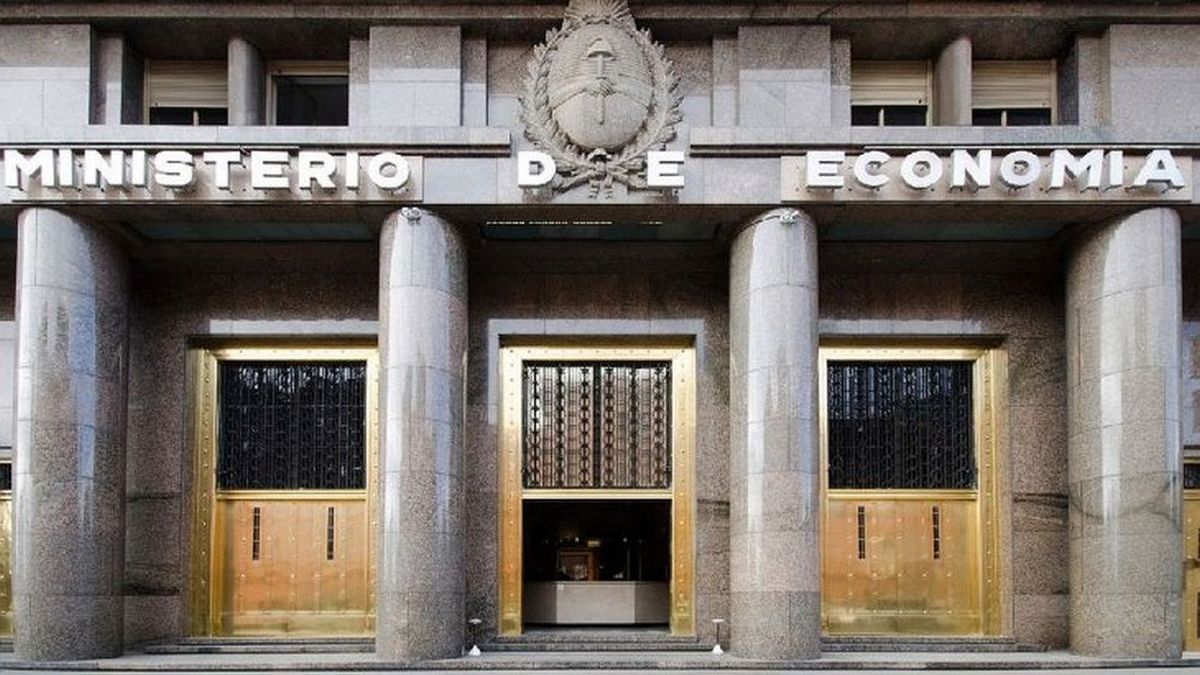The estimates correspond to the stock exchange company GMA Capital. The total remaining maturities for next year is for the equivalent of US$69.6 billion. In next February, March and April there are maturities for approximately $2 trillion, $1.8 trillion and $2.4 trillion, respectively.
Then they appear as stronger commitments in July around $1.3 trillion and in August $1.2 trillion. While for the last quarter of 2024 the last obstacle remains with some $8.3 trillion. In October there are about $2.3 trillion; in November, $3.4 billion; and in December, $2.6 billion.
Another $4 trillion remains for the beginning of 2025 in the first two monthsapproximately $2 billion for January and February. For the entire 12-month period, the equivalent of US$22.9 billion remained.
financial market analyst christian buteler explained to Ambit that “obviously the swaps try to kick maturities forward but in a situation like this, with high inflation and instability, you can’t kick too much.”
Screenshot_2023-06-11_16-11-41.png
“These are relatively short terms. Likewise, a part of it was transferred to 2025, quite well in terms of deadlines taking into account the situation”, considered Buteler, who said that “it must be remembered that a large part of this is public entities or banks, which is why it is easier to renew”.
However, the analyst considered that “clearly here they are kicking for 2024” and that next year “they will have the same problem, magnified because the interest accumulated up to that moment will be there.”
The economists of the technical team of Together for Change They had been complaining about this situation since 2022, which generated a couple of crises of mistrust about a potential forced reprofiling of maturities. However, the group that Hernan Lacunza, Luciano Laspina and Eduardo Levy Yeyati, among others, they consider that they will have to continue refinancing maturities. “Definitely Until the economy can be stabilized and inflation lowered, the mechanics will have to remain the samethat is, short-term swaps with instruments that adjust for inflation or for the dollar,” Buteler said.
The government considered that the last exchange was “successful”. GMA Capital points out that the eligible titles that expired between June and September totaled $9.5 trillion, of which $7.4 trillion could be redeemed. Therefore, total adherence was 77.9%. Citing an estimate of the consultant 1816, it is noted that 70% was in the hands of state agencies.
“If we assume that the adhesion of the public entities was total, then only 26% of the private holders would have accepted the swap. That is, barely 1 in 4”, says GMA Capital. The stock market indicates that “this tells us, once again, of the disinterest of the players not aligned with the Government to refinance it and voluntarily stretch the duration of the debt in pesos.”
On the other hand, in the finance secretary’s team, Eduardo Setti maintain that when putting together the swap it was known in advance that some $2 trillion from the private sector were not going to participate simply because they are Common Investment Funds (FCI) They are not interested in investing for more than three months, due to their business profile.
Source: Ambito




